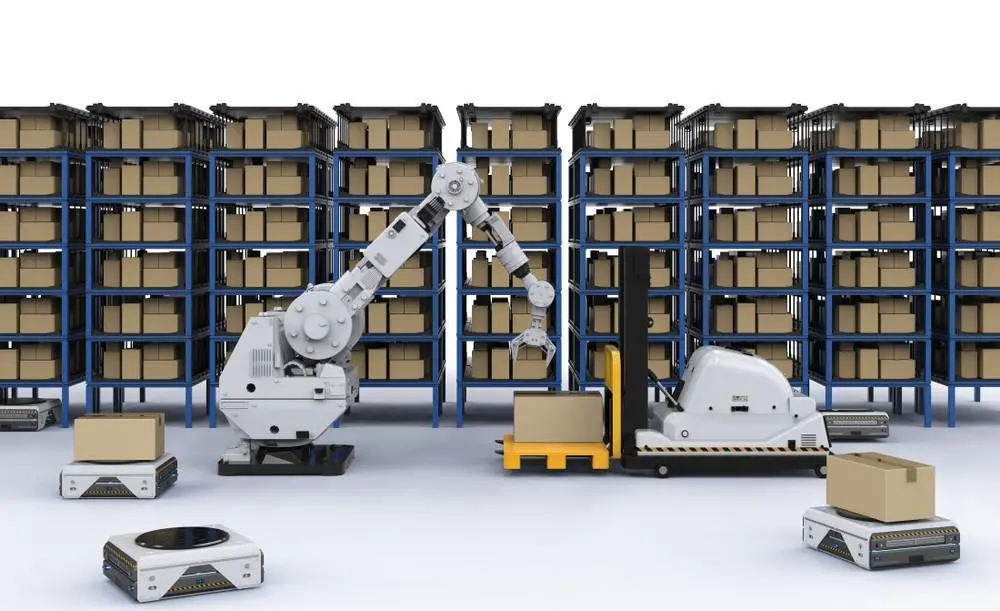Airports are considering the use of artificial intelligence (AI) to avoid mishandling baggage. The idea is to use AI for end-to-end tracking of baggage and planning optimized luggage routes, right from the time passengers get on-board, until they collect their baggage at their destination.
Nearly all sectors of the economy - education, healthcare, finance, travel, and even the public sector - are applying technology to optimize their functioning. Technologies like AI are digitizing areas that were once thought capable of manual operations alone. Airports and airline companies are exploring the benefits of integrating technology into their operations and services. Online check-ins, flight tracking, delay updates, and real-time on flight navigation are some of the applications where technology is used in the travel industry today. A new addition to this list is the employment of AI to avoid baggage mishandling.
Problems Encountered with Baggage Mishandling
Losing, damaging, or getting a delayed delivery of baggage in transit is a nightmare for most travelers. With an increase in the number of flyers across the world, airport authorities are experiencing an inconvenience in keeping track of and managing the exceptionally large count of luggage. Along with this, both, the airport and the airlines have to monitor the real-time status of passenger baggage before, after, and on the flight. Besides, the expenditure incurred on baggage processing and transportation by aviation companies and airport authorities is in the order of billions of dollars.
AI to avoid baggage mishandling
Employing AI to resolve the baggage mishandling problems mentioned above can happen as follows:
1. AI Baggage Tags
Airport authorities save passenger data during check-in sessions. The bags, while being weighed, are assigned a bag tag with the passenger details on it. The tags, powered with AI, employ an RFID tagging system. The information from the airport database is then coupled with the one in the bag tags to track a passenger’s luggage.
2. Two Way Communication
Baggage Handling Systems (BHS) have pre-defined message formats based on the IATA rules. These messages, that are used to convey the status of the baggage to the passenger, however, work on the push technology, following a one-way route from the back-end server to the user. With AI enabled computers, passengers can have a two-way communication via these messages, allowing precise communication without any scope for errors or misunderstanding.
3. AI Floor Plans
Image recognition and surveillance tapes from the closed-circuit television (CCTV) cameras are used to study the interiors of the airport. AI algorithms can generate shorter and more optimized paths for baggage transportation within the airport premises.
4. Pattern Recognition
Pattern learning algorithms are applied on previous records of baggage mishandling. The study gives an insight into the principal causes of baggage loss and damage. Besides, the study allows finding appropriate remedies to reduce similar problems in the future.
5. Baggage Claim
At the baggage carousel, mechanized robots are employed to automate the process of baggage claim. These bots can read the bag tags and after comparing them with the information in the database, match the passenger with their luggage.
The Hong Kong International Airport has already started employing AI to ensure a better air travel experience for their passengers and hassle-free ground operations for their employees. The International Air Transportation Authority’s Resolution 753, which will be in effect from June 2018, requires airport authorities to keep track of each luggage unit and share the information with the people involved in the process of delivering luggage at the destination.




Leave your comments
Post comment as a guest